From the margins to the movement: The rise of a people’s Mayor
Mamdani owned his identity — as a Muslim, as the son of South Asian immigrants, and as a progressive unafraid to challenge entrenched systems.
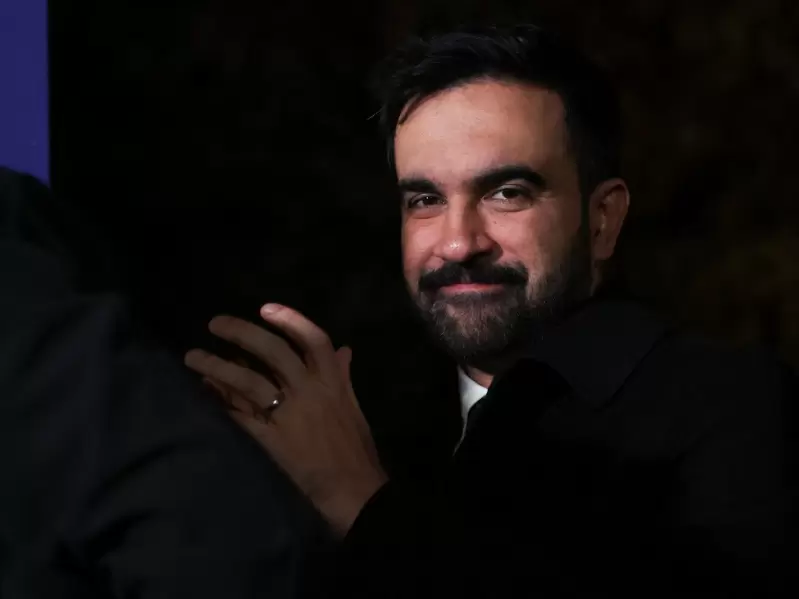 Zohran Mamdani. / Reuters
Zohran Mamdani. / Reuters
When Zohran Mamdani announced his run for mayor of New York, few took him seriously. A relatively unknown state assemblyman with less than one percent name recognition, he was viewed as an outsider with little chance in a city dominated by establishment Democrats. Yet, against all odds, he connected deeply with voters — especially middle- and lower-income New Yorkers living paycheck to paycheck — by making affordability the heart of his campaign.
Mamdani spoke directly to the people who often feel unseen: families struggling with rent, young professionals burdened by student loans, and seniors priced out of their own neighborhoods. He did it not with platitudes, but with clarity and conviction — promising free public transit, affordable childcare, and tenant protections. His honesty and energy cut through the cynicism of modern politics.
What set him apart was not just his message, but his courage. He articulated his views without flinching before power, unafraid of influential donors or political elites. He owned his identity — as a Muslim, as the son of South Asian immigrants, and as a progressive unafraid to challenge entrenched systems. That authenticity resonated in a way that focus groups and consultants could never manufacture.
Mamdani was helped, of course, by timing. His main rival, former governor Andrew Cuomo, was weighed down by past scandals and public fatigue. The contrast between a career politician with baggage and a young reformer with a clear vision could not have been starker. With quiet mentorship from progressive leaders like Alexandria Ocasio-Cortez and Bernie Sanders, Mamdani built a grassroots movement that refused to be ignored — and ultimately rewrote the playbook for winning in the nation’s largest city.
Watching his rise brought back memories of my own political journey — and that of my daughter, Raaheela. In 1998, I ran for the Maryland House of Delegates and quickly learned how the Democratic machine operates: deciding who gets to run, who gets funded, and who gets shut out. The establishment’s chosen candidates were often uninspired and disconnected from the communities they claimed to represent. In closed primaries, where only a fraction of voters participate, mediocrity tends to perpetuate itself.
Then, in 2012, at just 18 years old, Raaheela ran for Prince George’s County School Board and shocked the local establishment by winning her primary. Within weeks, party leaders mobilized to stop her momentum rather than celebrate her success. Instead of asking how an 18-year-old could inspire voters, they asked how to contain her. That experience taught us that the party often treats independent thinkers as threats, not assets.
That’s what makes Zohran Mamdani’s victory so important. It’s not just about one campaign — it’s about a broader reckoning. For too long, the Democratic Party has stifled new energy by prioritizing loyalty over leadership. But the electorate is changing. Voters are tired of polished talking points; they crave sincerity, empathy, and courage.
Mamdani’s success shows what’s possible when a candidate dares to speak plainly, live their values, and reflect the struggles of ordinary people. His campaign is a reminder that politics at its best is still about hope — not hierarchy.
As someone who has battled entrenched systems for over two decades, I see in Zohran Mamdani a reflection of what our democracy desperately needs: authenticity, compassion, and the willingness to make others uncomfortable in the pursuit of justice. The question for Democrats now is simple — will they embrace that change, or continue to stand in its way?
(The views and opinions expressed in this article are those of the author and do not necessarily reflect the official policy or position of New India Abroad.)
ADVERTISEMENT
ADVERTISEMENT
E Paper
Video



 Shukoor Ahmed
Shukoor Ahmed
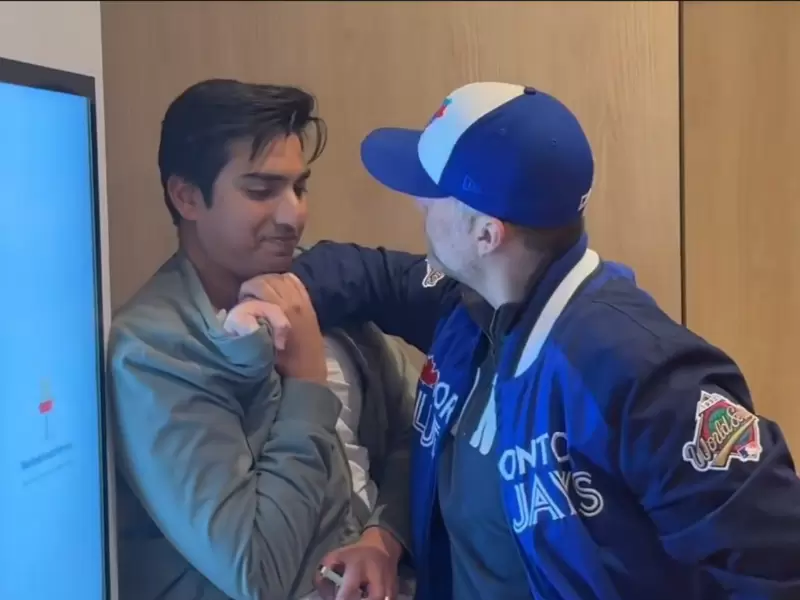
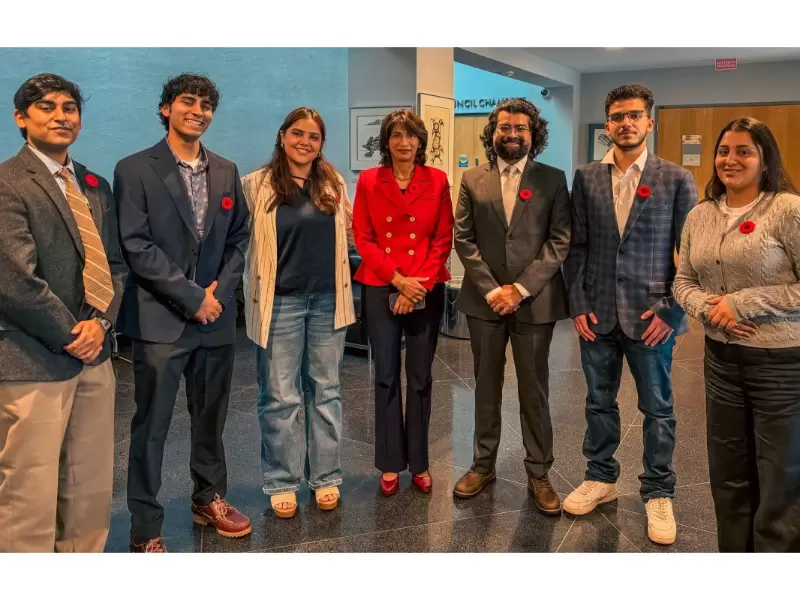
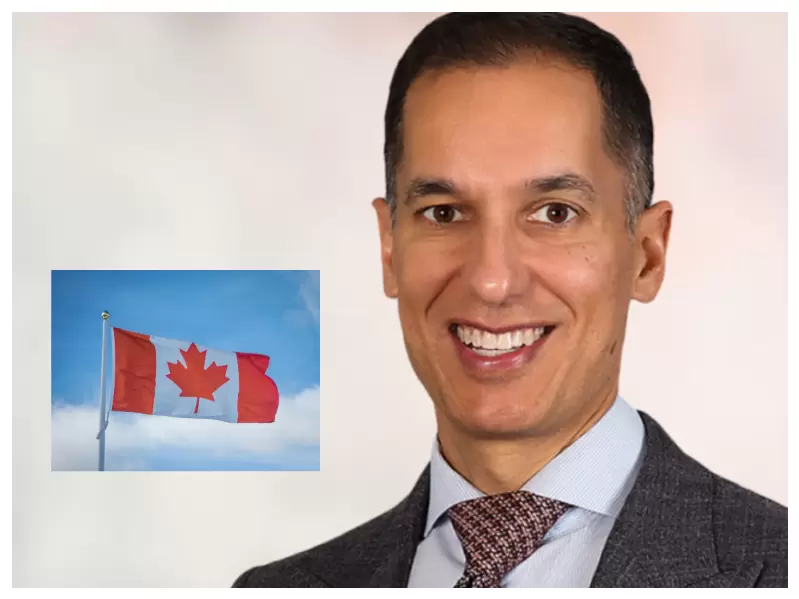
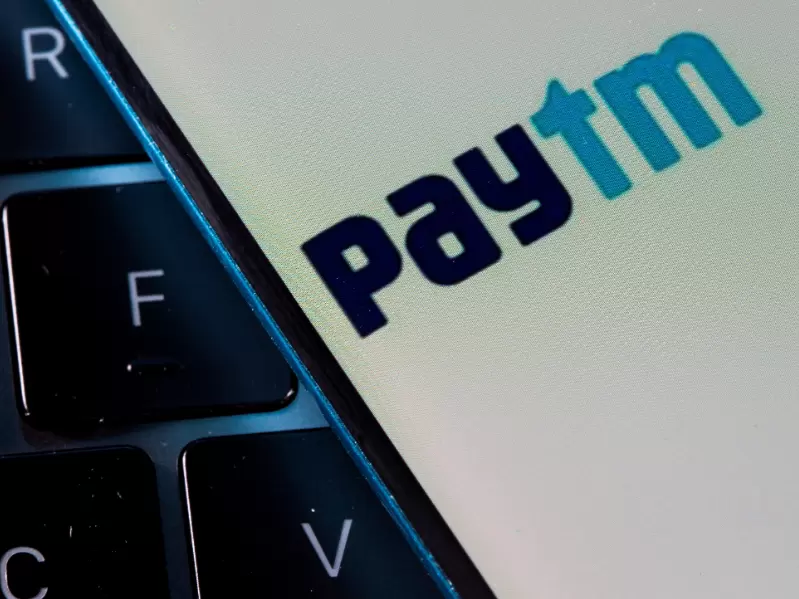
.png)
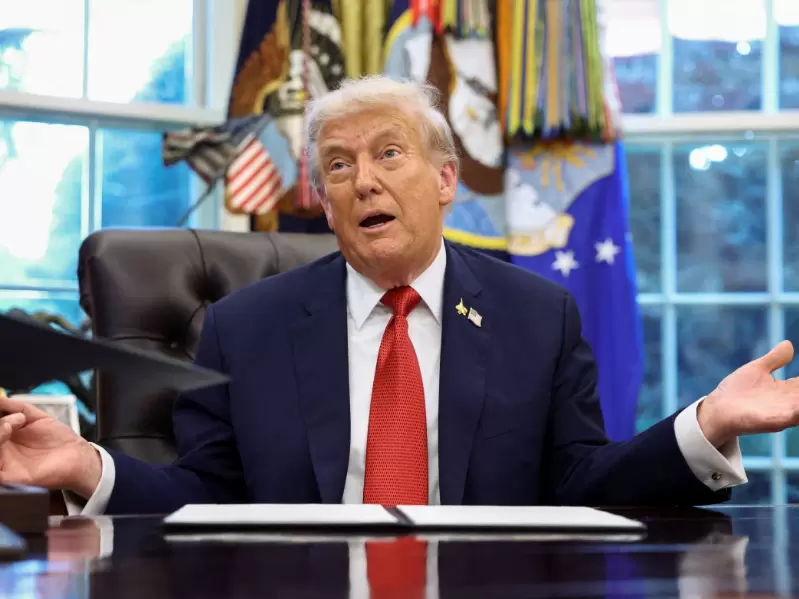
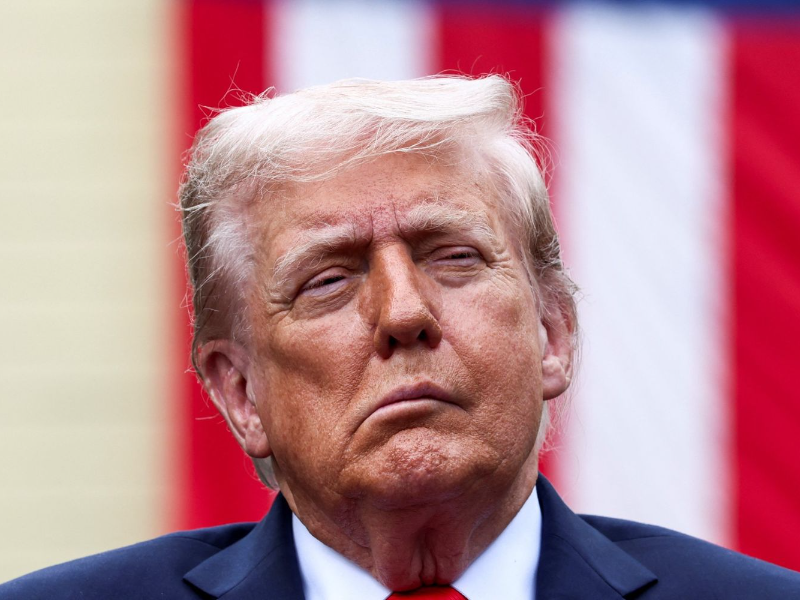


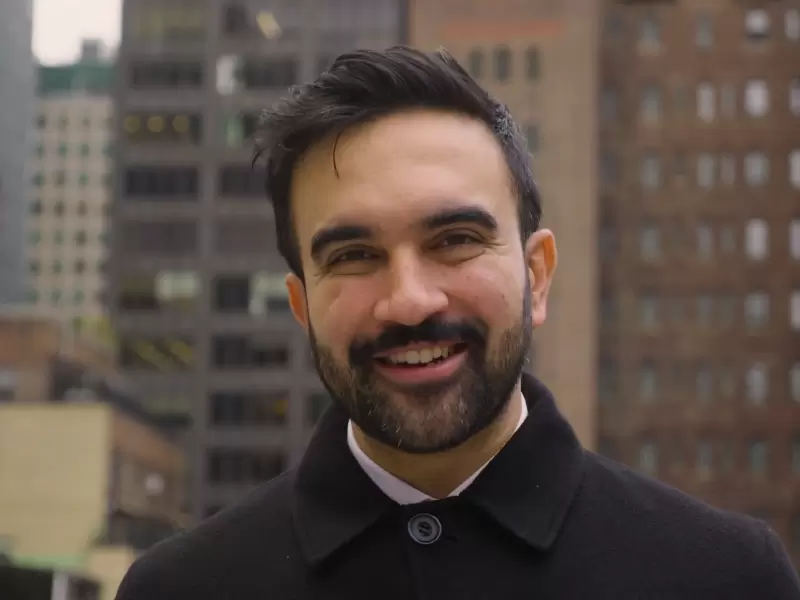

Comments
Start the conversation
Become a member of New India Abroad to start commenting.
Sign Up Now
Already have an account? Login